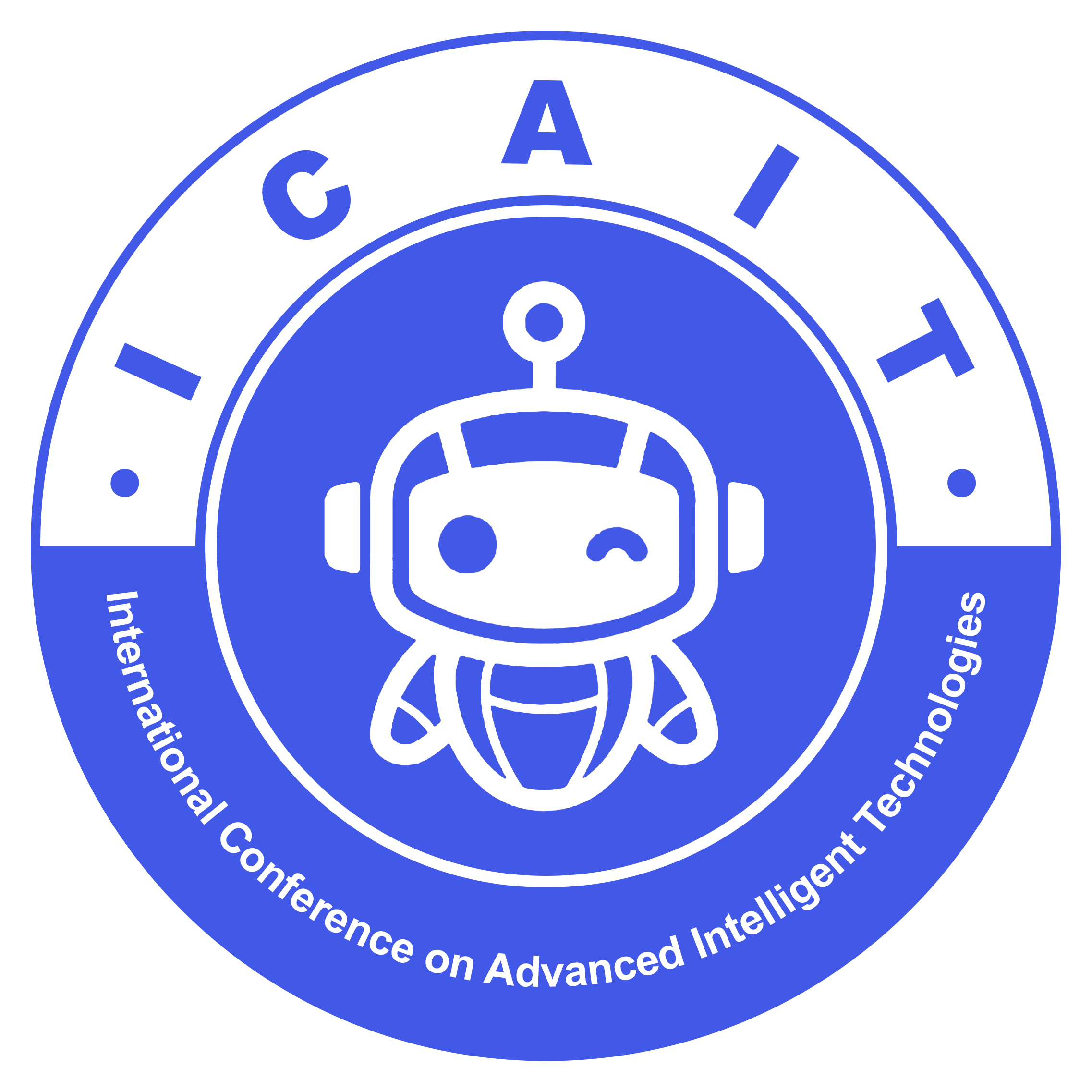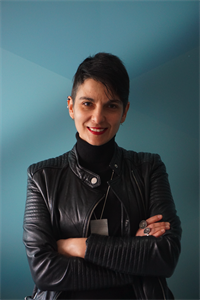KEYNOTE/INVITED SPEAKER
Keynote Speakers |
| Prof. Dr. Smaranda Belciug Smaranda Belciug is full Professor in Computer Science at the University of Craiova, Romania, PhD Supervisor at the Romanian Academy School of Advanced Studies, Senior Editor for the BMC Medical Informatics and Decision, editor for the Journal of Biomedical Informatics. She has obtained her PhD in Artificial Intelligence in Healthcare from the University of Pitesti, Romania in 2010. Her research interests include Artificial Intelligence in the Healthcare system and Statistics. She is the author of four monographs: Intelligent Decision Support Systems – a journey to Smarter Healthcare, Springer-Nature, 2020, Artificial Intelligence in Cancer: diagnostic to tailored treatment, Elsevier Academic Press, 2020, Pregnancy with Artificial Intelligence, a 9.5 months journey from Preconception to Birth, Springer-Nature, 2023 and The Hospital Manager’s Guide to Artificial Intelligence, Springer-Nature, 2025. The first 3 monographs have received the Romanian Academy Award in 2022, and in 2025, the highest award given in Romania. She is an enthusiastic partisan of the multidisciplinary approach in scientific studies, and all her research is driven by this reason. This has been recognized at multiple levels, from the wide variety of nature of the journals she has published into to the variety of journals and conferences that for which she reviews articles. |
| Dr. S.Nagini With an illustrious tenure spanning 25+ years at the esteemed VNR Vignana Jyothi Institute of Engineering and Technology in Hyderabad, she boasts a wealth of experience in both teaching and cutting-edge research. Her academic contributions are exemplified by the publication of over 40+ research papers in distinguished National , International Conferences and Journals, all of which are cataloged in esteemed platforms such as SCI, Scopus, IEEE, Elsevier and Springer Proceedings. As a distinguished Senior member of IEEE, and a lifelong member of ISTE and CSI, she stands as a stalwart in the academic community. Her research endeavors encompass a diverse array of domains including Data Mining, Algorithms, Image Processing, Machine Learning, Deep Learning, and Blockchain technologies. Functioning as the linchpin for numerous International Conferences, seminars, workshops, and Faculty Development Programs (FDPs), she brings forth eminent personalities from reputable institutions and industries to benefit both students and faculty members alike. As the pivotal Chairman of the Board of Studies for her department, her contributions to curriculum enrichment have added substantial value. Her indomitable spirit has been instrumental in the establishment of a Center of Excellence in Data Science, Virtual Reality and Augmented Reality. Under her stewardship, the department has forged significant Memorandums of Understanding (MoUs) with prestigious software industries and academic institutions, thus bridging the gap between the Industry and Academia. In the interest of students, she founded a coding club christened as Turing Hut. Her unwavering dedication has been pivotal in achieving coveted accreditations including NBA accreditation, NAAC A++, and a notable NIRF ranking. Guiding a multitude of Undergraduate and Postgraduate projects across diverse technological domains, she has also garnered SIX patents. Currently, she is actively mentoring two Ph.D. scholars. |



